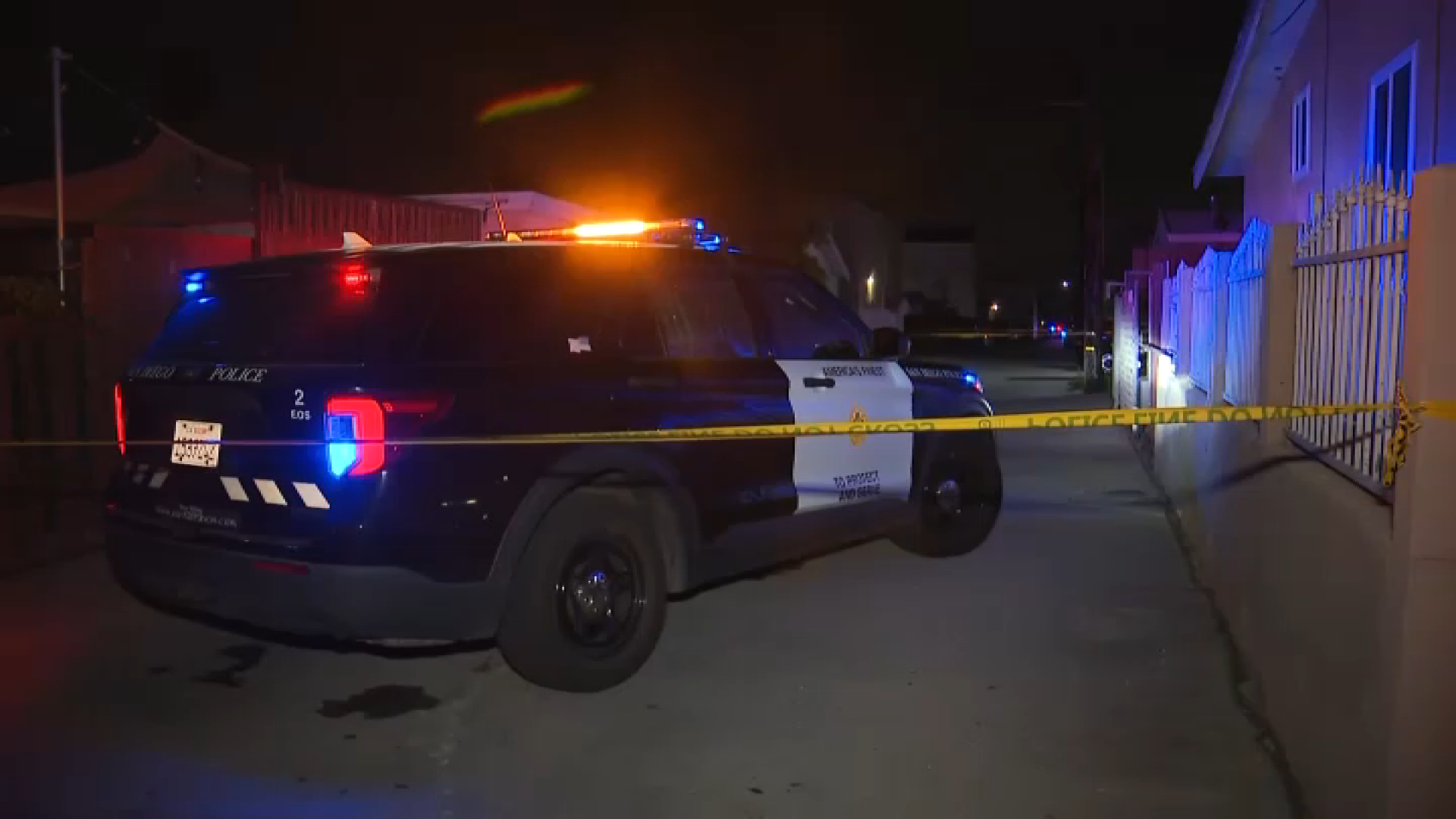A San Diego federal judge ruled Wednesday to allow prison officials to forcibly give anti-psychotic drugs to Jared Lee Loughner, who is suspected of killing six and wounding 13 others, including Congresswoman Gabrielle Giffords, in a Tucson shooting rampage.
U.S. District Judge Larry Burns called the hearing after Jared Lee Loughner's attorneys filed an emergency request to prevent any forced medication of their client as part of a bid to make him psychologically fit to stand trial.
Before the ruling, Clark Smith, M.D., a local psychiatrist and law expert who is medical director at the Sharp McDonald Center, told NBCSanDiego that Burns needed to balance Loughner's rights to refuse medication against evidence that he is a danger to himself and others.
Smith said that based on his experience, he believed Burns would side with the Bureau of Prisons and allow doctors to forcibly administer the anti-psychotic medication.
The medication is in the former of an injection, Smith said, and can take weeks or even months to calm Loughner's symptoms.
Loughner has been at a federal prison facility in Springfield, Mo., since May 28 after the judge concluded Loughner was mentally unfit to stand trial and help in his in his legal defense. Mental health experts had determined the 22-year-old college dropout suffers from schizophrenia and will try to make him psychologically fit to stand trial. He will spend up to four months at the facility.
A prison administrative hearing about his medication was held on June 14 and found that Loughner was a danger to himself. Prosecutors say Loughner was repeatedly encouraged to attend the hearing, but refused to participate.
Local
Loughner's attorneys said that they didn't know whether prison officials had started giving him drugs, but prosecutors said in a filing Tuesday that Loughner "is properly receiving medication."
The judge had twice denied requests by Loughner's attorneys to be given notice before their client is drugged.
Loughner's attorneys argue that their client shouldn't be involuntarily medicated without approval from a judge. Prosecutors argued that Loughner should be given anti-psychotic drugs because he has been diagnosed as schizophrenic and poses a danger to others.
They cited an April 4 incident where Loughner spit on his own attorney, lunged at her and had to be restrained by prison staff. They also brought up an outburst during a March 28 interview with a mental health expert in which Loughner became enraged, cursed at her and threw a plastic chair at her twice.
Loughner has pleaded not guilty to 49 charges stemming from the Jan. 8 shooting that injured Rep. Gabrielle Giffords and 12 others and killed six people, including John Roll, the chief federal judge for Arizona.
Burns will hear the case in his San Diego courtroom. He was appointed to hear the case after all federal judges in Arizona recused themselves.
If Loughner is later determined to be competent enough to understand the case against him and assist his lawyers, the court proceedings will resume.
If he isn't deemed competent at the end of his treatment, Loughner's stay at the facility can be extended. Loughner's lawyers haven't said whether they intend to present an insanity defense, but they noted in court filings that his mental condition will likely be a central issue at trial.



